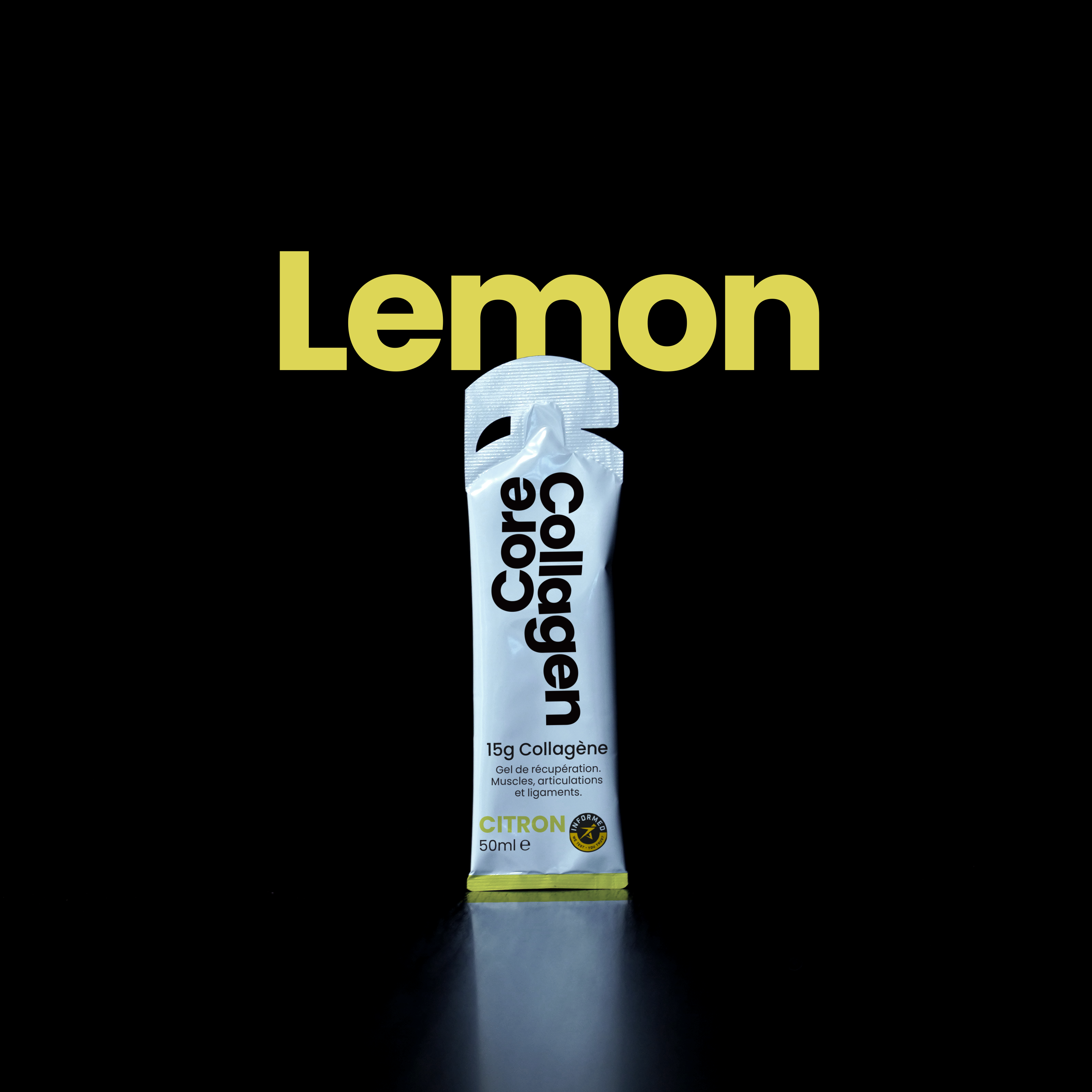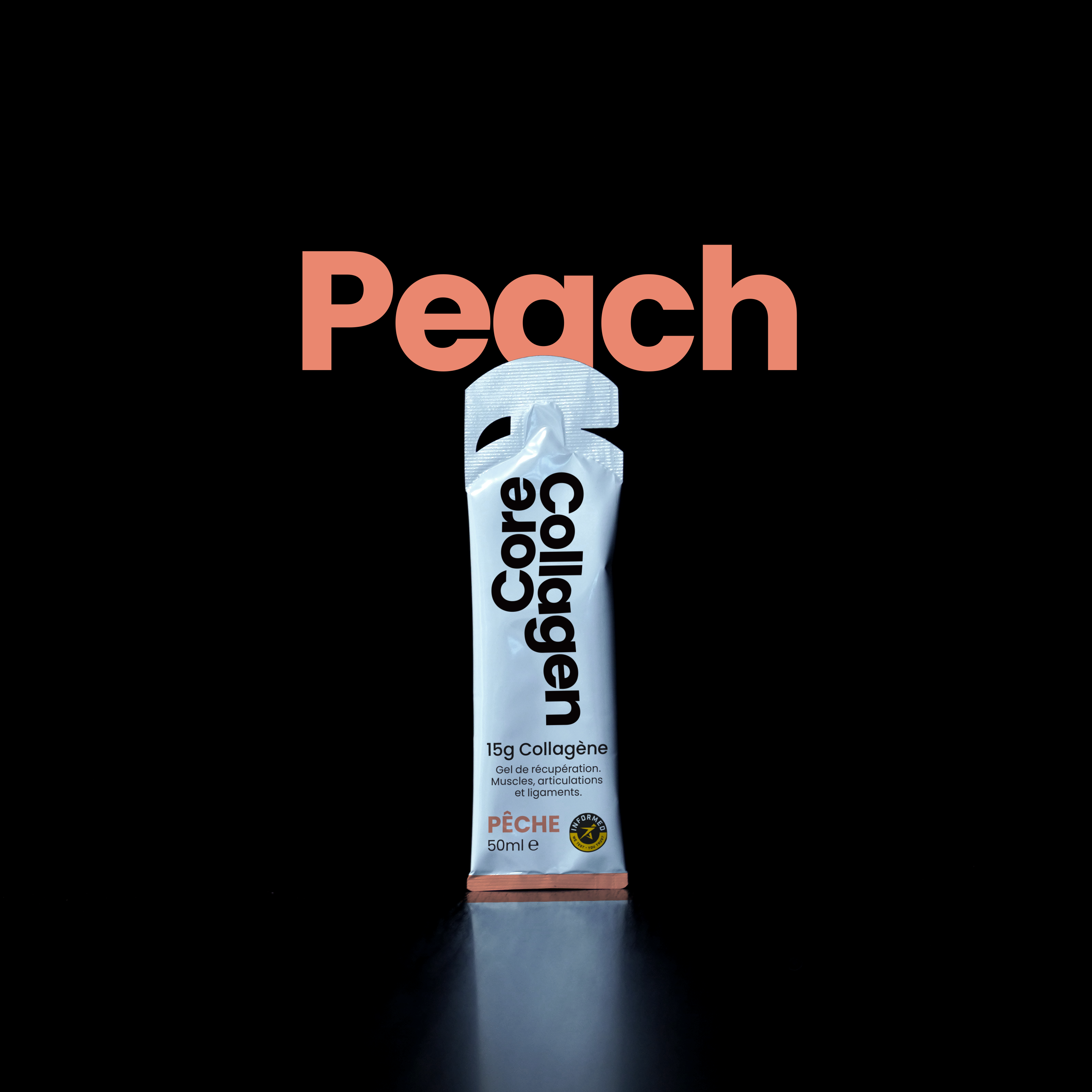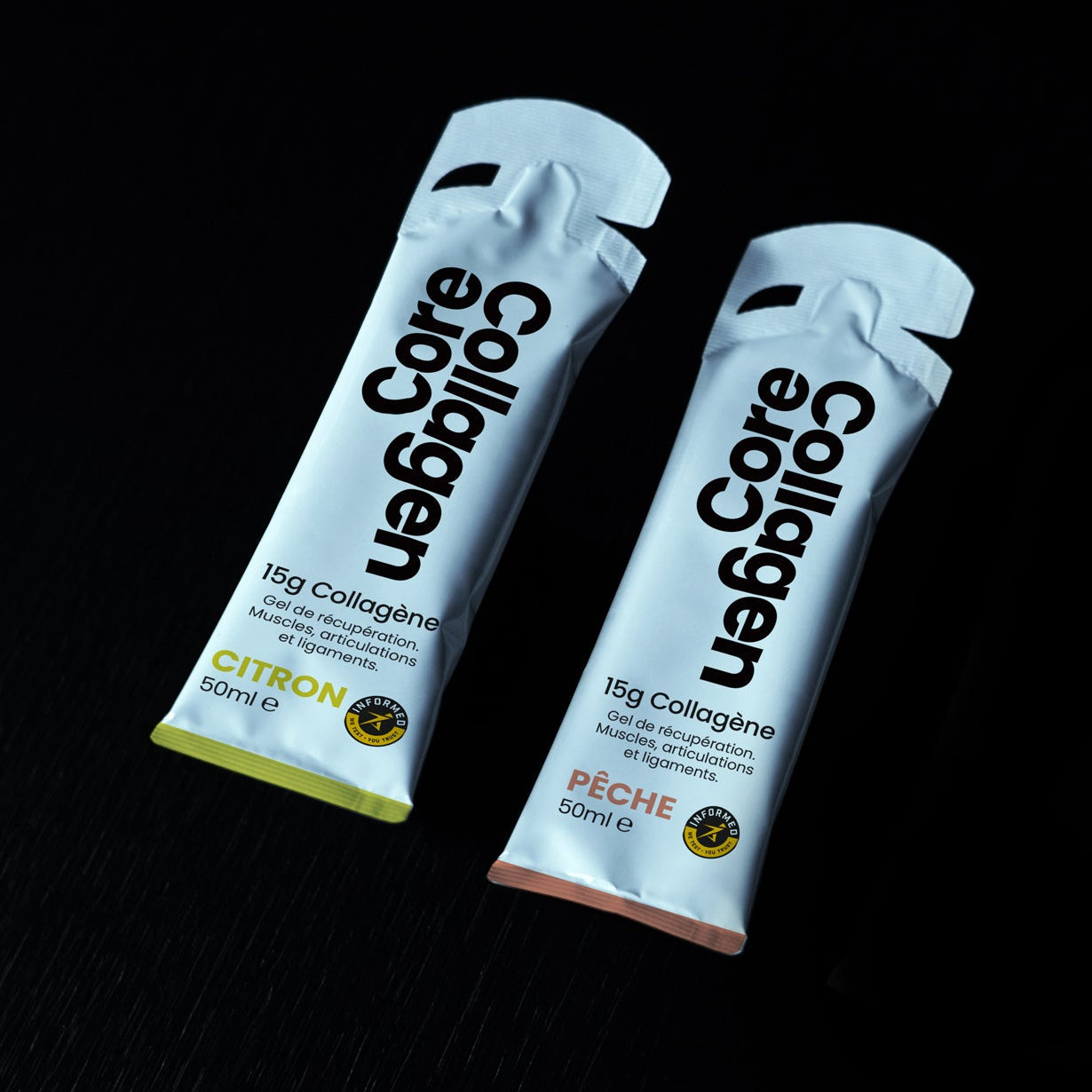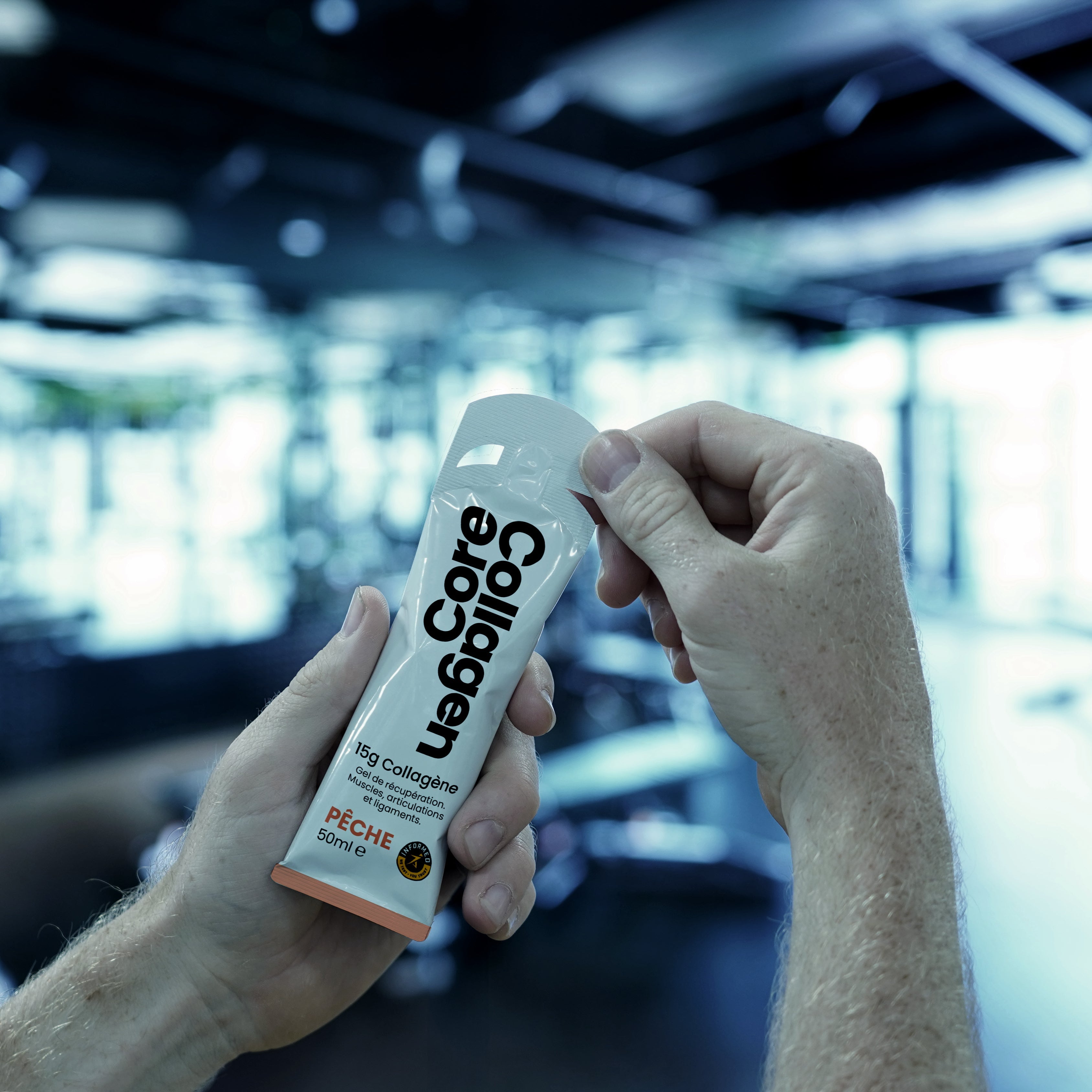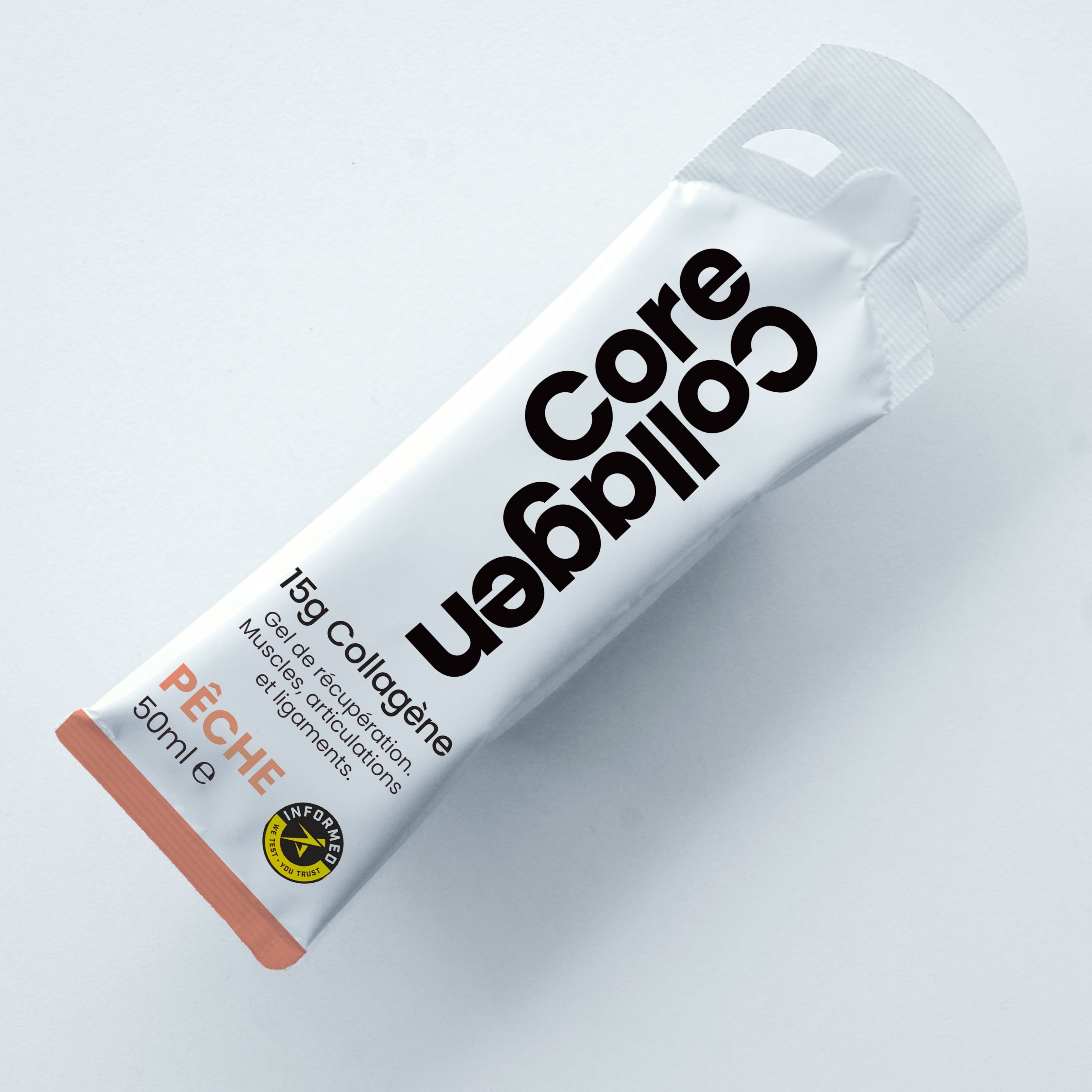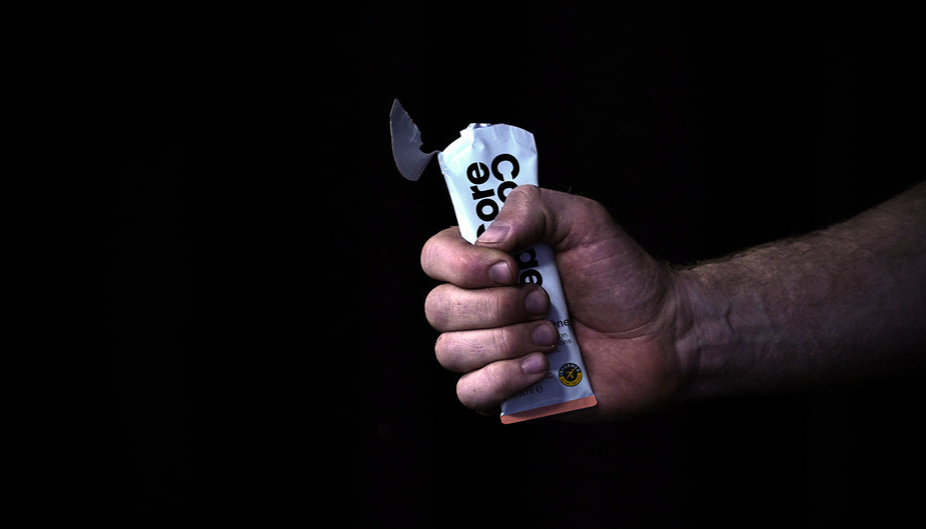Training for a Marathon? Why a Successful Plan Incorporates Core Collagen

Marathon training is a test of endurance, consistency, and resilience. Runners not only need cardiovascular fitness but also strong joints, tendons, ligaments, and muscles to withstand the repetitive stress of high-mileage weeks. Overlooking connective tissue health can lead to setbacks, injuries, and interrupted training cycles. This is where Core Collagen can play a vital role in a marathon training plan.
The Demands of Marathon Training
Training for a marathon involves progressively increasing mileage, incorporating speed work, and recovering efficiently. Each step and stride places stress on your musculoskeletal system, particularly:
- Joints – knees, hips, and ankles absorb repetitive impact.
- Tendons and ligaments – connective tissues transmit force from muscles to bones.
- Muscles – continuous training causes microtears that require repair.
Over time, insufficient recovery or weakened connective tissues can lead to overuse injuries such as Achilles tendinopathy, plantar fasciitis, and runner’s knee.
Why Core Collagen Supports Marathon Training
1. Joint Health and Pain Reduction
Collagen is a major component of cartilage. Supplementation with collagen peptides has been shown to improve joint comfort, particularly in athletes. Clark et al. (2008) found that athletes taking collagen hydrolysate reported reduced joint pain over 24 weeks (pubmed.ncbi.nlm.nih.gov).
For marathon runners, maintaining joint health is critical for consistent training. Core Collagen provides bioavailable collagen peptides that support cartilage integrity, helping reduce joint stress and discomfort over long training cycles.
2. Tendon and Ligament Strength
Tendons and ligaments endure tremendous load during long-distance running. Lee et al. (2023) demonstrated that collagen supplementation increased tendon stiffness and Young’s modulus in athletes, improving their capacity to handle repeated stress (pmc.ncbi.nlm.nih.gov).
By including Core Collagen in your training regimen, you supply your tendons and ligaments with the amino acids—glycine, proline, and hydroxyproline—they need to strengthen and adapt, reducing the risk of overuse injuries.
3. Muscle Recovery
Marathon training induces micro-damage in muscles that must be repaired for performance gains. Bischof et al. (2024) found that collagen peptides help accelerate muscle recovery by supporting extracellular matrix repair (pubmed.ncbi.nlm.nih.gov).
Core Collagen can be taken post-training or pre-run to provide the nutrients your muscles and connective tissues need to recover efficiently, allowing for higher-quality training sessions and less downtime due to soreness.
4. Bone Health Support
Long-term endurance running places load on bones, which must adapt to prevent stress fractures. Collagen supplementation has been associated with stimulating bone cells and supporting bone density. For marathoners, this adds an extra layer of protection, especially during peak training periods.
How to Integrate Core Collagen into a Marathon Plan
- Daily supplementation: 10–15 grams of hydrolyzed collagen peptides daily is supported by research.
- Timing: Take 30–60 minutes before key training sessions to maximize amino acid availability.
- Combine with vitamin C: Enhances collagen synthesis.
- Consistency is key: Regular intake over weeks and months helps support cumulative connective tissue health.
By incorporating Core Collagen consistently throughout your training plan, you build resilience into the very tissues that sustain marathon performance.
Conclusion
A successful marathon training plan isn’t just about mileage and speed—it’s about protecting and strengthening connective tissues to handle repetitive stress, recover faster, and avoid injury. Core Collagen delivers bioavailable collagen peptides that support joint health, tendon and ligament strength, muscle recovery, and bone integrity.
Integrating Core Collagen into your daily regimen ensures that you’re not only training harder but also smarter, giving your body the building blocks it needs to reach the finish line strong and injury-free.

